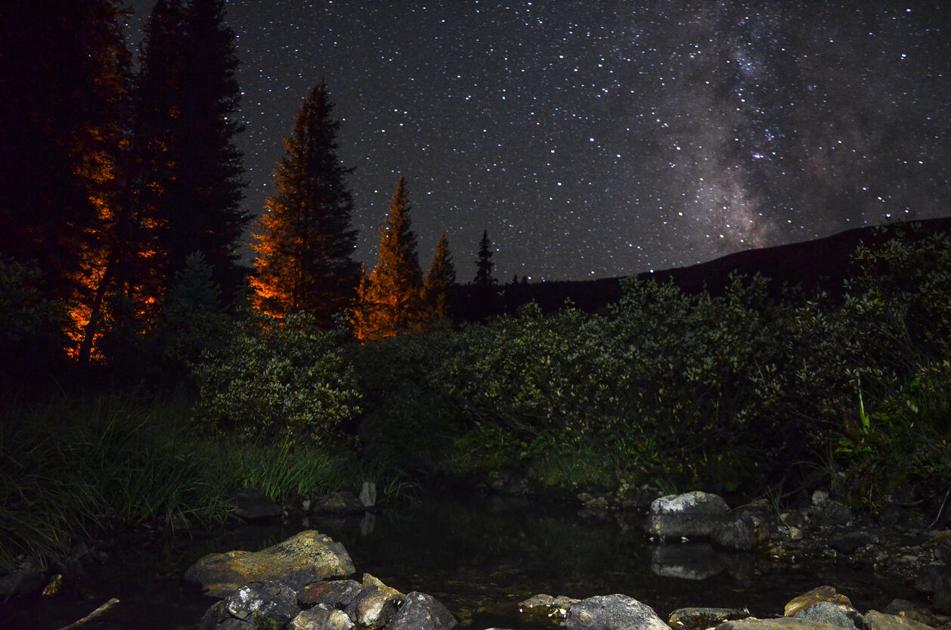Preparation proved key to survival for a hiker that required rescue last Friday on a section of the Colorado Trail that travels beneath the northeast ridge of 14,429-foot Mount Massive.
According to Lake County Search and Rescue, the hiker called at about 11 PM on Friday night in an exhausted state, unable to continue as they experienced dehydration, dizziness, and extreme fatigue. Fortunately, the hiker was prepared with the right type of gear to stay overnight on the mountain. This allowed search and rescue teams to wait until 6 AM to respond with a team of 10.
Deploying from the Fish Hatchery Trailhead, the rescue team found the hiker at about 9:30 AM. The hiker was in much better shape after sleeping throughout the night and was soon evacuated via snowmobile.
Lake County Search and Rescue was sure to point out a few key things that contributed to the success of this mission.
First, the hiker that needed assistance was well-prepared for winter conditions. This preparation is crucial as exposure can kill much faster than lack of food or water. The hiker involved in this rescue had a tent and sleeping bag with them, allowing them to stay warm and get some much-needed rest. Lake County Search and Rescue also noted that this saved their teams from conducting a more dangerous nighttime mission.
The second thing that Lake County Search and Rescue pointed out as something that helped result in a successful mission was how the hiker was able to effectively communicate their location and condition. If traveling in the backcountry, consider bringing an emergency GPS beacon, such as a Garmin inReach, along. This can allow for emergency contact when out of cell reception and can report accurate GPS coordinates.
Lake County Search and Rescue also noted that the hiker called for help prior to their situation worsening.
In this case, the hiker “fell into a common trap of underestimating the difficulty of winter recreation,” according to Lake County Search and Rescue.
It’s important to remember that winter elements can take a toll on the body much faster than those experienced during summer months. Factors like strong winds, snow, ice, and limited visibility can turn an easy summer hike into a treacherous winter trek. This makes preparation crucial for safety.
Make sure you have the right gear and knowledge to enter the backcountry during winter and don’t be afraid to call for help if you need it. Always make sure someone knows where you’ll be going and when you’ll be back. It’s also crucial to stay up-to-date with recent avalanche risk forecasts and weather alerts.
Thanks goes out to the Lake County Search and Rescue team for their role in this successful mission. If you’re interested in helping to fund Colorado’s search and rescue effort, consider purchasing a CORSAR card. They’re $3 for a one-year donation card and $12 for a five-year donation card. The CORSAR card is not any sort of insurance. Read more here.
The route dubbed the “Colorado Trail,” which the hiker in need of rescue was traveling, is 486 miles long, running from Waterton Canyon to Durango. It is common for hikers to tackle the route in smaller segments.
This content was originally published here.

